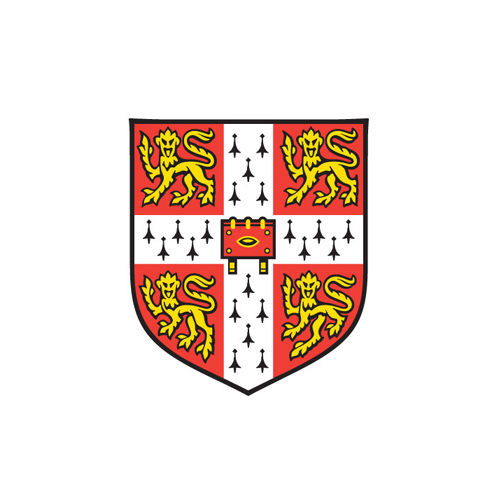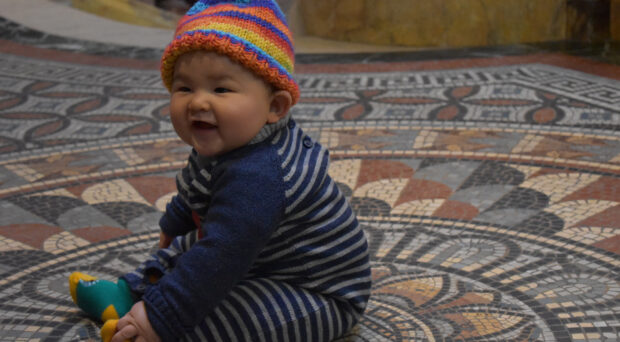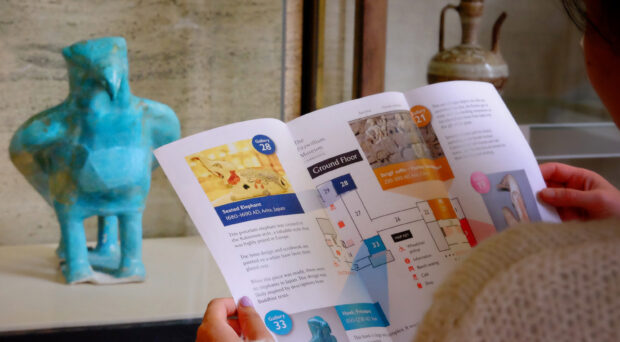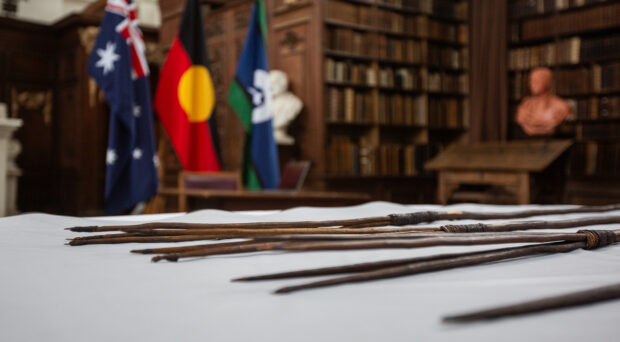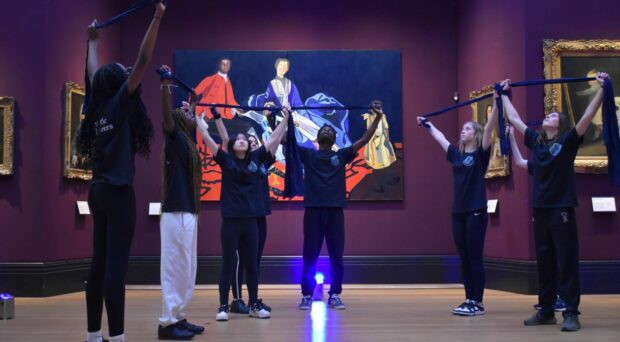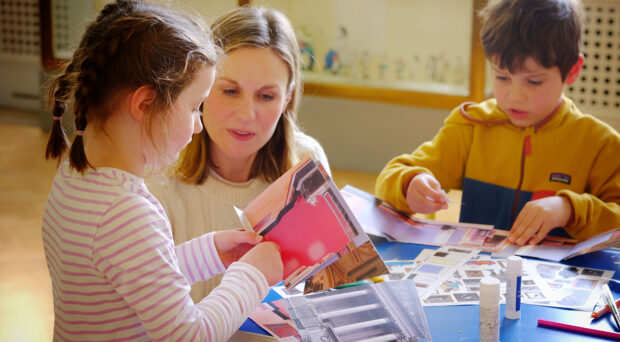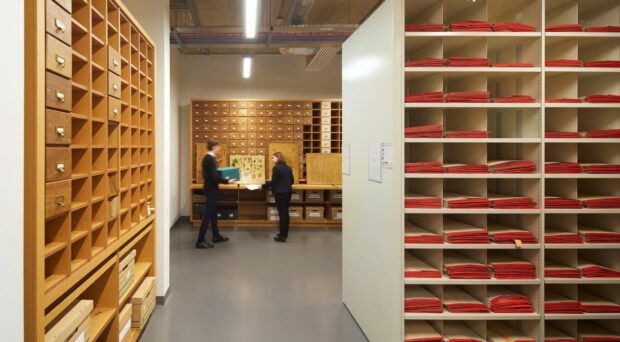“It is inconceivable that a British institution as old as our University would not have been touched by colonial practices of enslavement and enforced labour. […] The legacies of enslavement form a part of who we are today, and inform what we wish to achieve. We can never rewrite history, or do away with our heritage, but we can try to address prevailing inequalities. This process begins through greater self-knowledge and self-reflection.”
Professor Stephen J Toope, Vice-Chancellor of the University of Cambridge
Exploring the legacies of empire and enslavement
From 2021, the University of Cambridge Museums (UCM) will embark on a shared line of inquiry exploring the legacies of empire and enslavement. The project will include new and ongoing research into the legacies of empire and enslavement present within our collections, and important developments in how we approach sharing the material we find with our wider audiences.
Underpinning the programme and exhibition is a commitment to opening the history of our collections to interrogation from a range of perspectives, using them as an opportunity for examining challenging topics, including racial inequality, our existing collections and programming practice, as well as building dialogue and connections with our diverse audiences. Acknowledging and understanding the complex histories of our collections and how they may have benefited financially from the proceeds of enslavement will be an important part of this work.
2022/23 will mark the first major public milestone in the project, as the UCM come together for a year of shared programming exploring the legacies of empire and enslavement. This will include cross-UCM interdisciplinary, research-led displays and exhibitions, including a joint exhibition led and hosted by the Fitzwilliam Museum, and associated programming and learning initiatives.
Why now?
As noted in our blog A Commitment to Change and its sequel, the University of Cambridge’s Race Equality Action Plan sets out commitments to challenging racism, working towards racial equality and creating an environment that is conducive to openly discussing race-related issues.
This includes an Inquiry into the Legacies of Enslavement at Cambridge, launched in early 2019. Responding to growing public interest in the issue of British universities’ historical links to the slave trade, the inquiry will consider the University’s involvement in, or links to, the Atlantic slave trade and other historical forms of coerced labour, including indentured labour. The inquiry includes posts for two postdoctoral researchers. A number of the Cambridge Colleges are conducting their own parallel investigations.
The 2022/23 public programme will align with the Inquiry and its themes, allowing our wider communities and audiences to engage with significant ongoing processes of institutional self-examination and long lasting change through the University’s collections.
Just as importantly, it will help us transform our knowledge about and approach to our collections at a time when this is urgently needed. As acknowledged in previous statements, the UCM collections reflect knowledge historically generated within unequal power structures. It is no longer acceptable in the eyes of all our communities that we do not confront this and look to make change. Underpinning the programme will be a project to identify, research, interpret and share these stories embedded within our collections, including how they were made, acquired and interpreted. The programme will provide an opportunity for dialogue and consultation with our diverse partners and audiences.
Through this project, the UCM will come together as a consortium to pool the experience held by many individual collections and members of staff. Our blog post, A Commitment to Change Part II, outlines some of the existing projects (a number of which are very longstanding) and practical steps already being taken in this area. For example, one of the first strands in the new UCM/University Library Research & Collections Programme is co-led by Nicholas Thomas, Director at MAA, and will explore ownership and provenance, furthering understanding of how we should frame and understand ideas of ownership, origin and provenance within collections. This project will run across academic year 2020-21.
Progress to date
We are now in the planning stage for the project, delayed slightly by the Covid-19 closures. We are committed to consulting as widely as possible as we move forward. During lockdown, research seminars for UCM staff, and the Museum Remix: Unheard project, allowed us to begin to scope the collections for potential areas of inquiry.
We are currently convening an advisory group, chaired by Professor Sujit Sivasundaram, to undertake a ‘critical friends’ function, bringing diverse expertise and perspectives and providing critique, expert comment and feedback on the wider programme and exhibition.
Core funding for the project is being provided by the UCM’s Arts Council England National Portfolio Organisation (NPO) funding and by the Fitzwilliam Museum. We have secured funding from the Isaac Newton Trust to support a new role (Research & Engagement Fellow), and will be seeking additional external funding as the project develops.
We are pleased to announce that the exhibition will be co-curated and led by Dr Jake Subryan Richards (LSE) and Dr Victoria Avery (Fitzwilliam Museum), working with colleagues from across the UCM.

